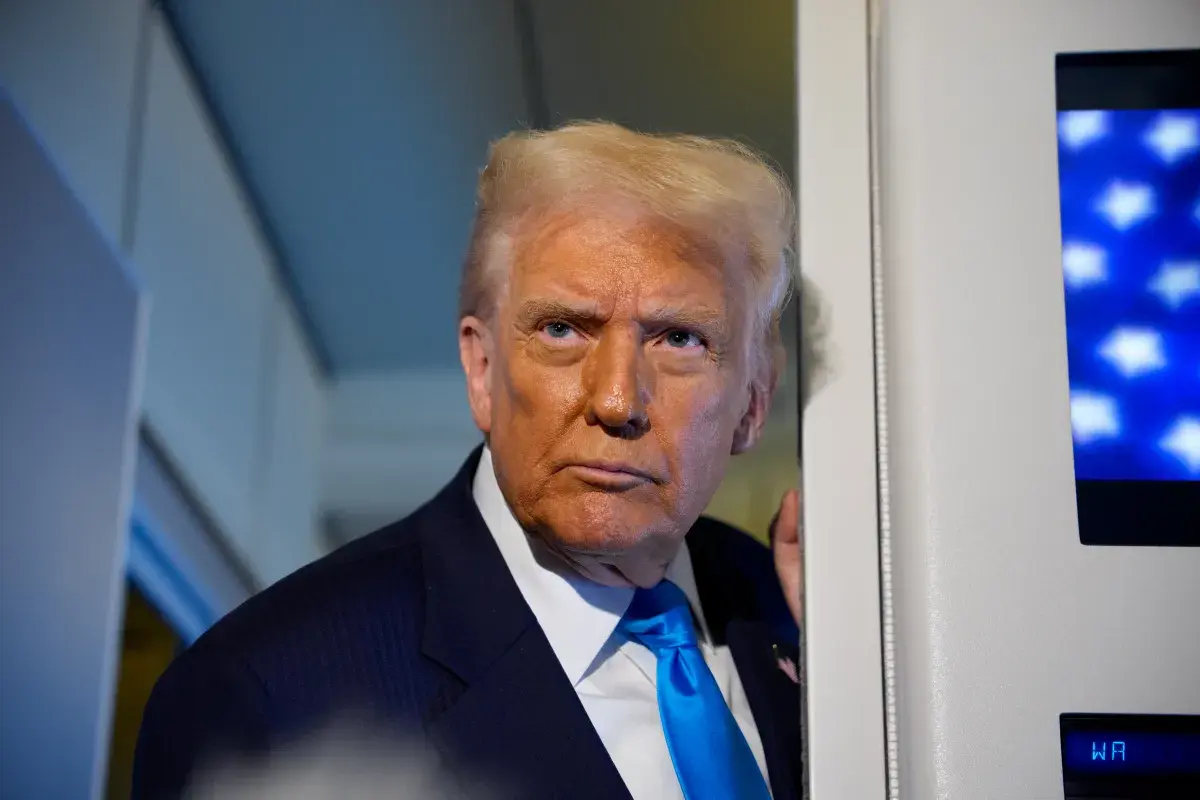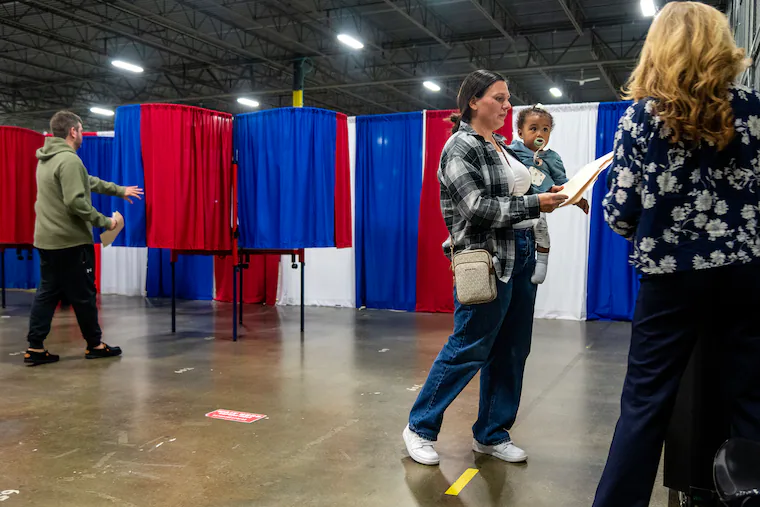Copyright Newsweek

A funny thing has happened since "Liberation Day." As Donald Trump’s tariffs ricochet through global supply chains and into the Supreme Court, one line in the federal ledger jumps off the page: by the end of fiscal year 2025, the U.S. collected $194.9 billion in net customs duties—and consumers are paying the price. The Court, meanwhile, is weighing whether Trump can impose such sweeping levies under an emergency statute. The legal fight isn’t about climate. But the numbers suggest a side effect few have clocked: tariffs that penalize carbon-heavy imports can behave a lot like a carbon tax—without anyone calling it one or wanting it, let alone the president himself. Common Knowledge The left’s critique is simple: Tariffs … are simply an import tax which lead to higher prices for consumers. Tariff opponent Paul Krugman, a liberal, has been mordant about the whole project, calling the tariff push "utter chaos" and noting that, in practice, it works like a back-door consumption tax. The right’s defense is equally blunt. The Heritage Foundation argues "tariff diplomacy can go a long way" if it is "targeted and tailored," though it cautions against overuse. And some Republicans actually want to retool tariffs toward carbon. Senators Bill Cassidy and Lindsey Graham back a "Foreign Pollution Fee," a carbon-based border charge designed to "hold China accountable" while boosting U.S. manufacturers. Trump himself has long torpedoed the very idea of a carbon tax. Asked in 2016, "Do you support a carbon tax?" his written answer was, "No and No." On climate, his position has toggled between skepticism and shrug: on 60 Minutes, he once said, "I don’t think it’s a hoax …[but] I don’t want to give trillions …[or] lose millions of jobs." Earlier, he’d tweeted that climate change was "created by and for the Chinese," a line he later called a joke. This week, the Supreme Court itself sounded skeptical that the IEEPA emergency statute lets a president unilaterally tax the world. "Are tariffs taxes?" and who gets to impose them—Congress or the White House—was at the heart of the argument. Uncommon Knowledge Here’s the twist: whether or not the Court guts the program, tariffs already function as a de facto carbon price on many imports. First, they raise revenue at a scale that rivals "sin taxes" on fuel and booze; second, they push sourcing toward nearer, often cleaner production. Why might that matter for emissions? Because trade is energy in motion. The U.S. grid is less carbon-intensive than China’s; China’s power sector still leans heavily on coal (roughly 60 percent of electricity in 2023). If a tariff nudges a widget from coal-powered steel in Asia to gas- and renewables-heavy production in North America, emissions might fall. Transport mode does matter: rail and ocean freight emit far less per ton-mile than trucking. But distance matters most: as supply chains shorten, total ton-miles drop. With Mexico now the U.S.’s top goods supplier, those shorter routes increasingly dominate U.S. trade flows (though some of those goods may have originated in China in the first place). None of this makes tariffs a climate plan. Shipping itself is efficient per ton-mile and still accounts for roughly 3 percent of global CO₂; switching from a very long ocean journey to a medium-range truck haul can be a wash for that reason. The net climate impact of broad tariffs is uncertain—Carbon Brief pegs the global emissions effect of the 2025 tariff shock at a modest 0.3 percent for the year, mainly by slowing trade, not cleaning it. But the fiscal signal is new. For years, U.S. climate politics has treated "carbon tax" as Voldemort. Trump outright opposed one ("No and No"), and his State Department recently blasted a global shipping levy as a "U.N. … global carbon tax." Yet in practice, America is now collecting billions from importers, much of it falling on carbon-intensive goods and places. Meanwhile, nearshoring to Mexico and Canada is driven by geopolitics, labor rules, and, yes, tariffs.



